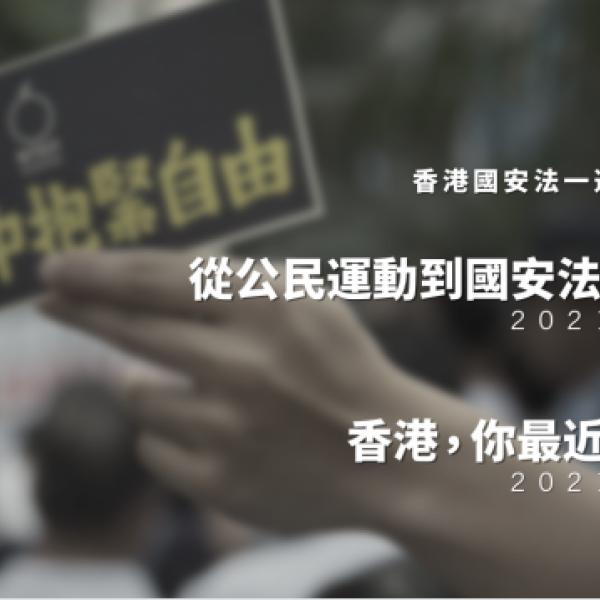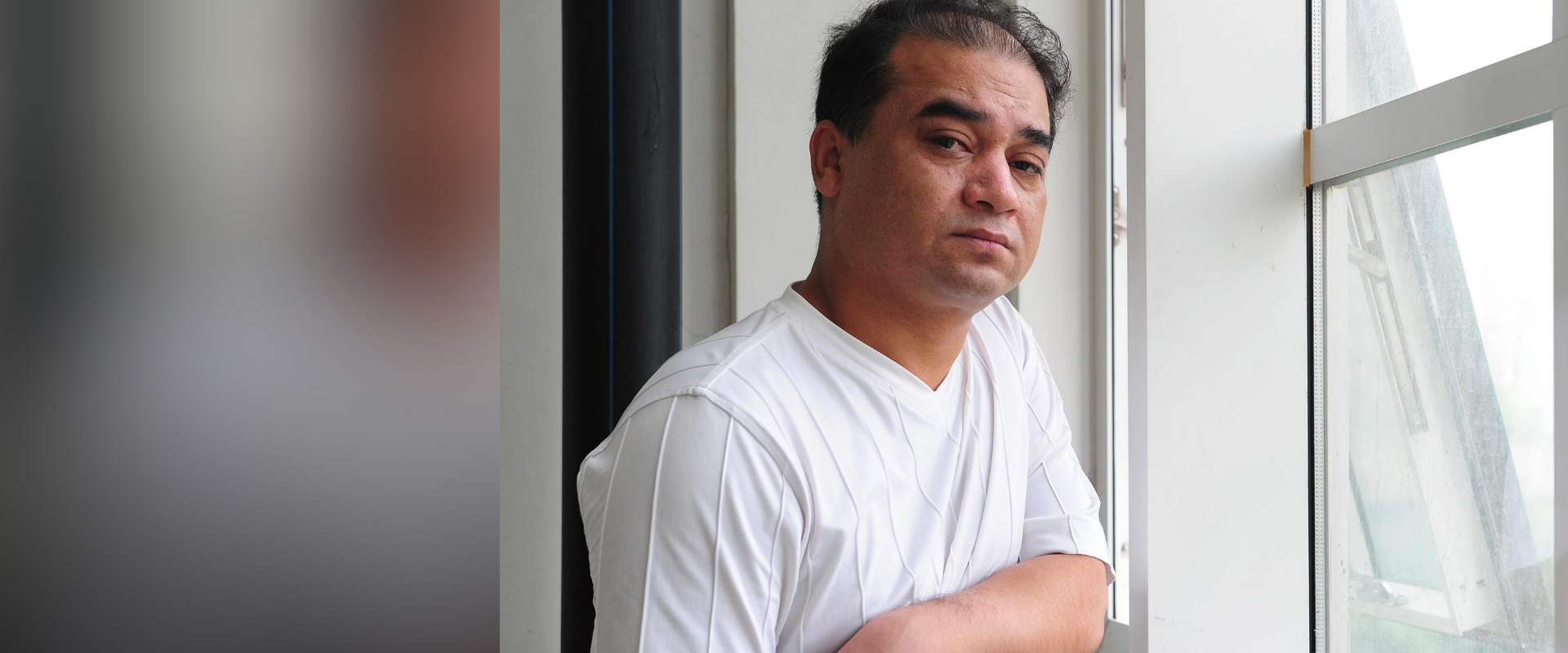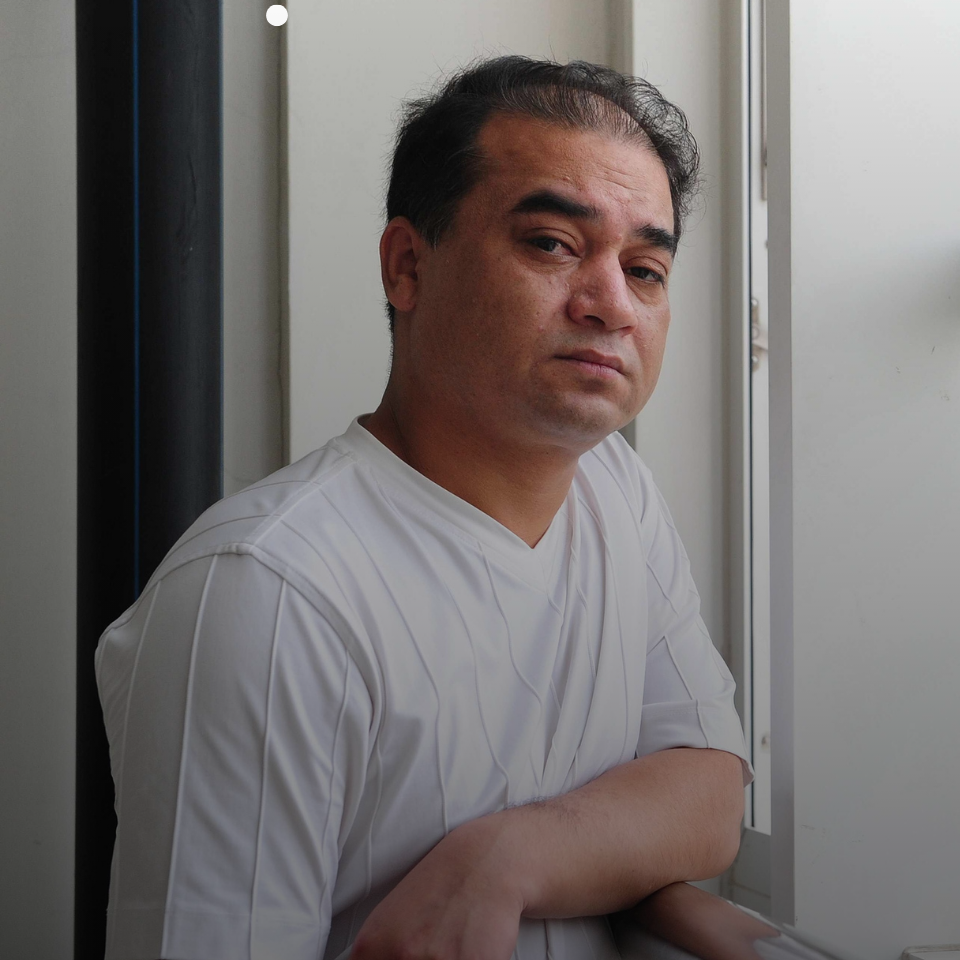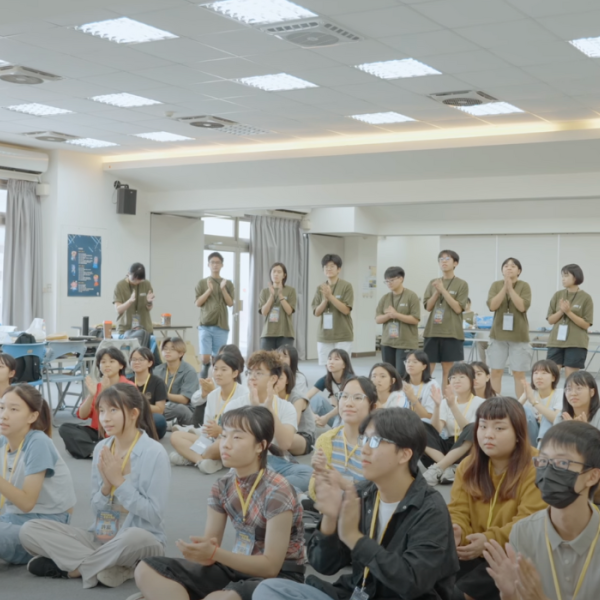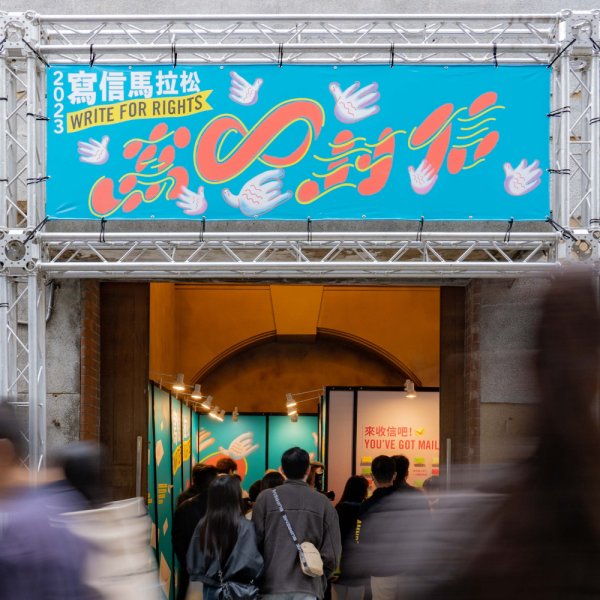【中國】應停止在諾貝爾獎典禮前的人權鎮壓
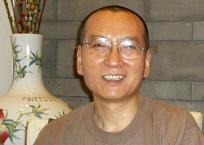 國際特赦組織新聞發佈
國際特赦組織新聞發佈
2010年12月8日
國際特赦組織今天呼籲中國政府,停止其在12月10日諾貝爾和平獎於奧斯陸頒獎前加緊打壓人權活動者的行為。
根據國際特赦組織與中國人權團體的紀錄,在中國人權活動者劉曉波於獄中獲得表揚之前,已有數百人因此遭到拘押、訊問或逮捕。
「中國政府不僅禁止許多人權捍衛者出境,連一些遭到政府懷疑的普通旅客也遭到限制,」國際特赦組織秘書長薩利爾.賽迪(Salil Shetty)表示。「這種做法既違反中國法律,也違背中國的國際義務,使法治尊嚴蕩然無存。」
諾貝爾獎得主劉曉波以「煽動顛覆國家政權罪」被判刑十一年,正在獄中服刑。他獲罪的原因是領導起草《零八憲章》宣言,呼籲中國政府尊重基本人權。
劉曉波一貫主張,對他的判決違反了中國本身的法律以及基本人權,然而,和許多其他選擇發聲抗議的中國人一樣,他遭到了嚴厲的懲罰。
他只是中國數以千計的政治犯與良心犯之一。國際特赦組織近來特別關注的案例還包括:
- 劉賢斌,著名的四川民主運動人士,被控「煽動顛覆國家政權」而自2010年6月28日被羈押至今。
- 高智晟,曾在2001年獲司法部表揚為全國「十大傑出律師」,後來因從事人權活動遭到逮捕及刑求,自2009年2月4日被警察從陝西家中帶走後「失踪」至今。
- 譚作人,環保運動者,在2008年四川地震後,批評校舍建築品質不良導致學童大量死亡,隨即遭當局以其悼念六四屠殺觸犯「煽動顛覆國家政權罪」判刑五年。
- 海來特‧尼亞孜,維吾爾族記者,在2009年烏魯木齊暴動後,被控「危害國家安全罪」判刑十五年,現正服刑中,且被禁止與外界聯絡。
- 頓珠旺青,藏族電影工作者,在未告知罪名下被逮捕、刑求,羈押一年多後,以「煽動分裂國家罪」判刑六年。
「中國政府應該釋放劉曉波及所有良心犯,」薩利爾.賽迪說。「他們應該尊重國際公認、且大多已納入中國憲法的人權標準。」
近來的鎮壓行動,顯然是配合中國當局干擾諾貝爾獎頒獎典禮的系列作為。
根據諾貝爾獎的規則,獲獎者必須親自或委託直系親屬出席領獎。劉曉波被強迫缺席,將使諾貝爾獎自1938年以來首次無法完成頒獎儀式。
劉曉波的妻子劉霞有資格代表他領獎,卻被中國當局軟禁在北京家中。近兩個月以來,她一直被限制行動並禁止與親友聯絡。
中國當局並且向其他國家施壓,要求杯葛頒獎典禮。不過,即使在中國強大的政治與經濟壓力之下,只有十八個國家拒絕受邀派員觀禮。
「對於一位中國作家獲得全球肯定,中國政府本來應該表示熱烈歡迎,」薩利爾.賽迪指出。「相反地,當局卻公然表示憤怒,這不但已經激起海內外更大的關注,而且很諷刺地,正好凸顯出劉曉波倡議尊重人權的重大意義。」
(全文完)
****************************************
新聞聯絡:國際特赦組織新聞辦公室(英國倫敦)
電話:+44 20 7413 5566
Email:press@amnesty.org
地址:International Secretariat, Amnesty International, 1 Easton St., London WC1X 0DW, UK
[ ENGLISH ]
China must end human rights crackdown in advance of Nobel award
AMNESTY INTERNATIONAL PRESS RELEASE
8 December 2010
Amnesty International is today calling on the Chinese government to end its intensifying crackdown on Chinese human rights activists ahead of the Nobel Peace Prize awards ceremony in Oslo on 10 December.
Amnesty International and Chinese human rights groups have documented hundreds of cases of people being detained, interrogated, or arrested in advance of the event honouring jailed Chinese human rights activist Liu Xiaobo.
“The Chinese government’s travel restrictions target not just human rights defenders, but also ordinary travellers who somehow trigger the government’s suspicion,” said Salil Shetty, Amnesty International’s Secretary General. “This reaction violates Chinese law as well as China’s international obligations and constitutes a serious breakdown in the rule of law.”
Nobel Laureate Liu Xiaobo is currently serving an 11-year sentence for “inciting subversion of state power" for his part as the leading author behind “Charter 08”, a manifesto calling for the recognition of fundamental human rights in China.
Liu Xiaobo has consistently maintained that the sentence violates both China's own constitution and basic human rights, but, like many others in China who have chosen to speak out, he has been severely punished.
He is just one of thousands of political prisoners and prisoners of conscience currently being held in China. Among the recent cases that Amnesty International has highlighted are:
- Liu Xianbin, a prominent Sichuan democracy activist detained since 28 June 2010 on suspicion of “inciting subversion of state power”.
- Gao Zhisheng, named one of China’s “top 10 lawyers” by the Ministry of Justice in 2001, he was later arrested and tortured for his human rights activities and has been “missing” since being taken by police from his home in Shaanxi Province on 4 February 2009.
- Tan Zuoren, an environmental activist critical of the high death rate in the 2008 Sichuan earthquake due to substandard construction, he was later convicted of “inciting subversion of state power” for commemorating the Tiananmen Square massacre and sentenced to a five-year prison sentence.
- Hairat Niyaz, a Uighur journalist convicted on charges of “endangering state security” in the wake of the 2009 Urumqi riots, he is now serving a 15-year sentence and being held incommunicado.
- Dhondup Wangchen, a Tibetan filmmaker arrested, tortured and held without charge for more than a year before being sentenced in a secret trial to six years’ imprisonment for “inciting separatism”.
“The Chinese government should release Liu Xiaobo and all the other prisoners of conscience,” said Salil Shetty. “They should uphold internationally recognised human rights standards, many of which are enshrined in their own constitution.”
The recent crackdown also coincides with a concerted campaign by Chinese authorities to disrupt the Nobel awards ceremony.
Nobel rules require the winner or his or her immediate family to personally accept the prize. Liu Xiaobo’s enforced absence means that for the first time since 1938, the peace prize will not be awarded at the ceremony.
Liu Xiaobo’s wife, Liu Xia, could have collected the award for him, but she has been detained by Chinese authorities and is currently under house arrest in Beijing. She is unable to move about freely and has not been allowed to be in contact with friends or family for nearly two months.
Chinese authorities have also pressured other countries to boycott the ceremony. However, despite a campaign of political and economic pressure, only 18 countries have declined the invitation to the ceremony.
“The Chinese government should be celebrating this global recognition of a Chinese writer and activist,” said Salil Shetty. “Instead, the government’s very public tantrum has generated even more critical attention inside and outside China – and, ironically, emphasized the significance of Liu Xiaobo’s message of respect for human rights.”
ENDS/
****************************************
For more information please call Amnesty International's press office in London, UK, on +44 20 7413 5566 or email: press@amnesty.org
International Secretariat, Amnesty International, 1 Easton St., London WC1X 0DW, UK
更多影音
- 全球
酷刑工具是如何被警方用來針對示威者?
- 全球
阿姆內斯提青春大舞台 2024高中生人權營
失去眼睛的警察暴力倖存者萊迪述說她的遭遇
- 全球
